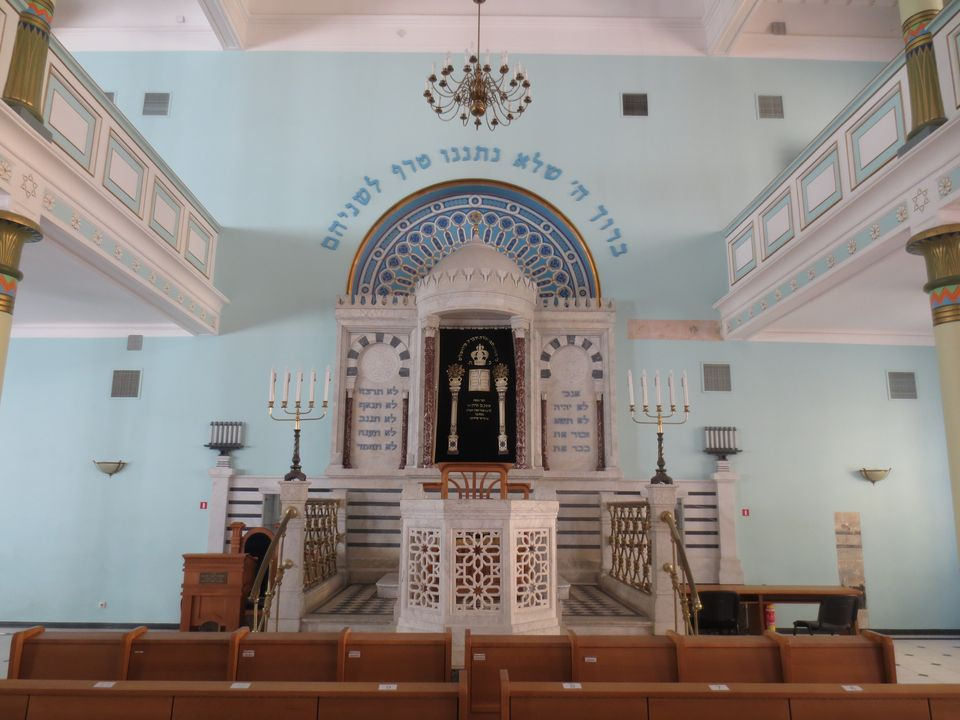I do not think about synagogue often. My partner and I belong to one, but rarely go. Progressive millennials like us are generally moving away from, not toward, organized religion — I believe some studies demonstrate that, although I need only to look at most 30-year-old Jews I know to see it.
But I am an avid reader of my rabbi’s weekly Shabbat e-mail, which is how I found out last Friday afternoon that the weekly Torah portion was Vayera, the same one I read for my bat mitzvah 16 years ago.
In Vayera, Abraham bargains relentlessly with God to save 10 righteous people in Sodom and Gomorrah. Abraham, my rabbi wrote, spoke truth to power when it was unjust, challenging God to see the good in people.
It was eerie, to say the least, when within 24 hours of reading about this Torah portion, a white nationalist slaughtered 11 Jews at the Tree of Life synagogue in Pittsburgh.
Through my grieving and struggles to make sense of the events of last Shabbat, last week, and the last few years, my mind and heart keep going back to synagogue. There I am in eighth grade, hanging out with my friends on the raggedy taupe couch in the upstairs youth lounge. There we are in the social hall as Shabbat services end, securing our spot in line for the bagel brunch buffet while congregants pour out of the sanctuary’s double doors. There we are commandeering a round table in the back of the social hall and ripping the plastic tablecloth into tiny shreds while trying to get the attention of the boys we liked. On Sunday morning, there we are at synagogue again, our parents dropping us off to wait for the bus to go apple picking or ice skating with our youth group.
In all these memories, I can so vividly feel the warmth that this place gave me (I mean that quite literally; I keep thinking about how my friends and I would steal Swiss Miss packets out of the kitchen and make hot chocolate).
This was the set on which my teenage life played out. Mine and the lives of hundreds of thousands of other American Jewish teens across the country. We never would have admitted this at the time, but we spent countless hours in synagogue, and for the most part, we even liked it.
And we could have been there in Pittsburgh last Shabbat. If not our teenage selves, then our parents, our grandparents, our children. The dead could have been us — any of us.
To describe a lesson we can learn from Abraham’s actions in the story of Vayera, my rabbi recounted the Pirkei Avot verse, “In the place where no one is human, strive to be human.” There are so many places these days where humanity lacks (the White House, for one), places where you would be hard pressed to find just 10 good souls. The Tree of Life synagogue in Squirrel Hill is not one of those places. In its essence, it is a place of humanity, where life’s milestones — and new life itself — are celebrated in community. Where refugees are welcome. Where all are welcome.
Our country, and our world, could use more spaces like that. I know, because I came of age in a synagogue, and regardless of my present-day relationship to it, it taught me, and generations of American Jews, what it means to be human.
Header Image of Synagogue by Keith H. on Flickr.



